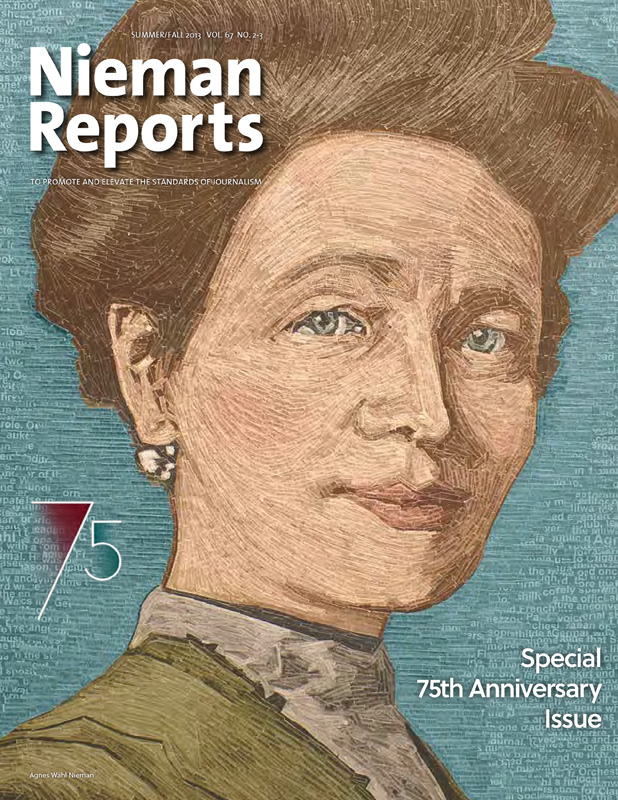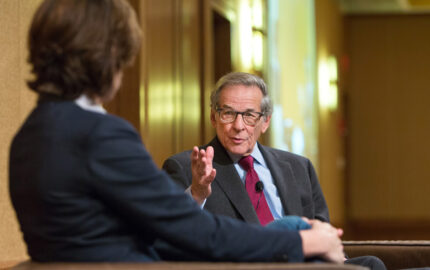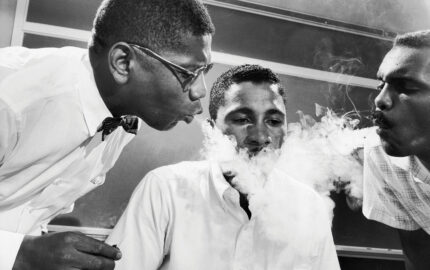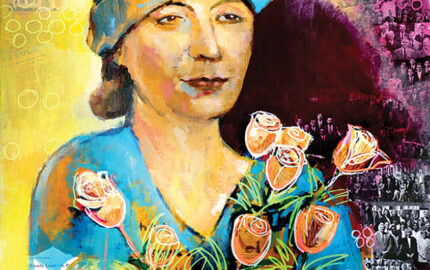Hull’s reporting on the abysmal treatment of soldiers at Walter Reed Army Medical Center caught the attention of Congress and earned her and Washington Post colleague Dana Priest the 2008 Pulitzer Prize for Public Service
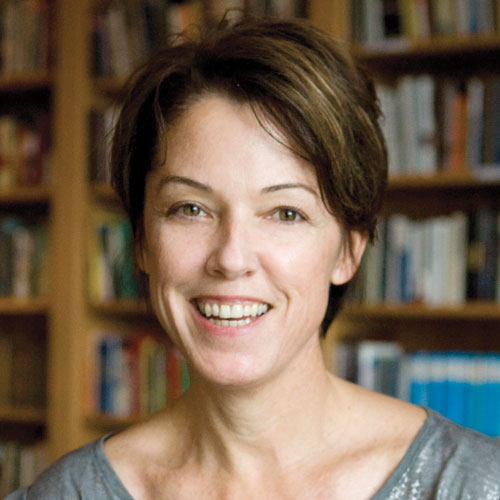
Of the many forces and currents the Fellowship awakens within, the first for me was terror. I remember sitting in Bill Kovach’s office early on—registering the creakiness of his chair, the graveness and urgency in his voice as he described a journalist’s obligation to the public—and wondering if there was still time to apply for a job at Bruegger’s Bagels.
It’s true for many of us that the Fellowship unmasked all the stuff we didn’t know and all the stuff we should have known. Journalism encourages a certain sham-fakery; add the Camembert cheese of a Harvard colloquia and the ruse intensifies. But there is no way in hell you can’t be shaken into a terrifying clarity when you’re sitting next to a Nieman Fellow who spent two years in a Chinese prison.
I was constantly badgering Bill Kovach with questions about the civil rights movement. The man was there, reporting on the ground. I bought books he happened to mention in passing, carefully highlighting with yellow marker certain passages in “Bearing the Cross” and so on.
The whole time, Kovach is waiting for you to finally understand: You are in the midst of an epoch. Every day is a corruption of justice and faith. It’s right in front of you. What are you going to do about it?
Hull's narrative journalism is featured on Nieman Storyboard This was the most profound lesson of the year, imparted with the vigor and outrage specific to Kovach. Contrary to what was billed as a “mid-career opportunity to study and reflect,” the Nieman Fellowship stirred up a restlessness that can go dangerously quiet over time.
